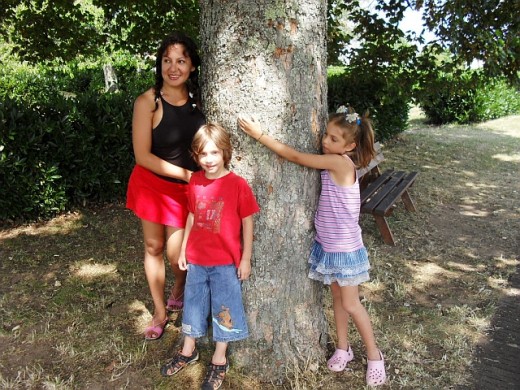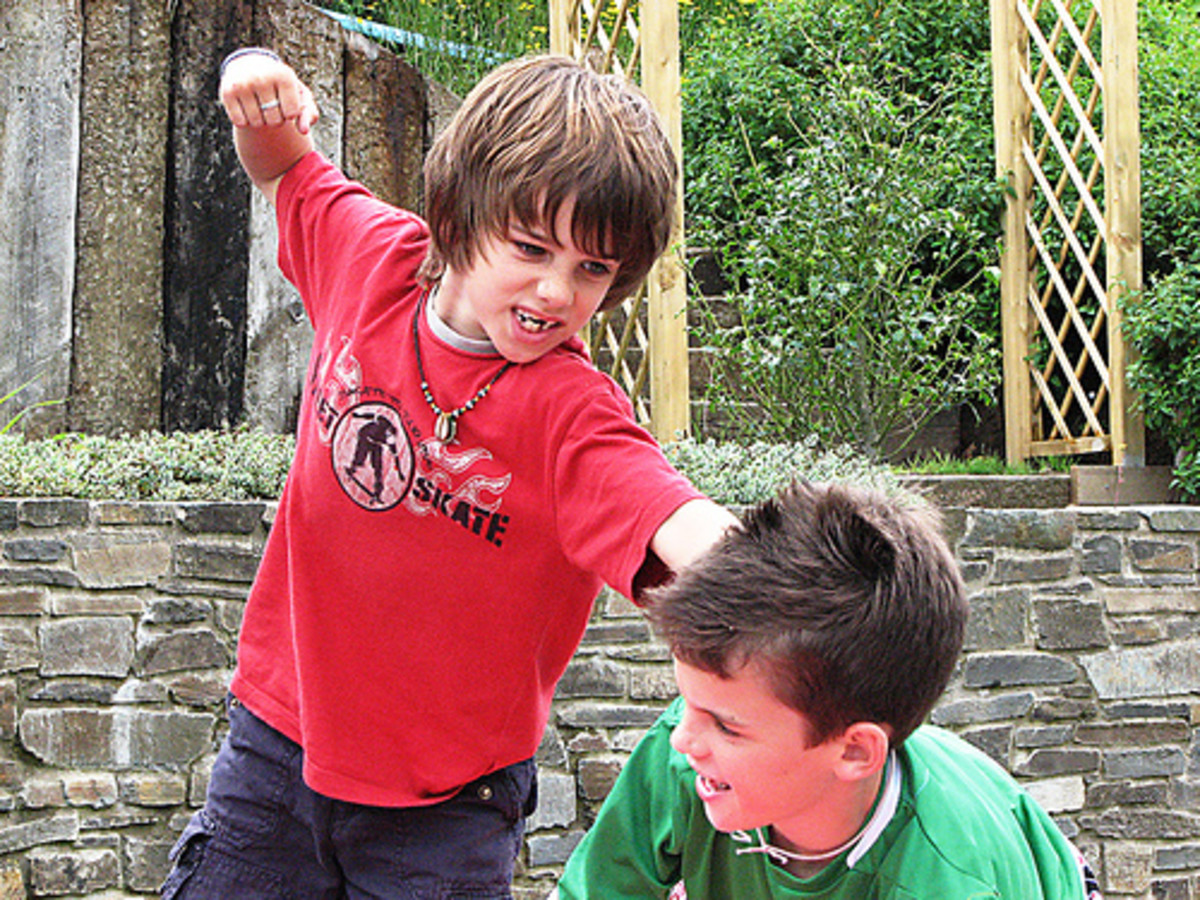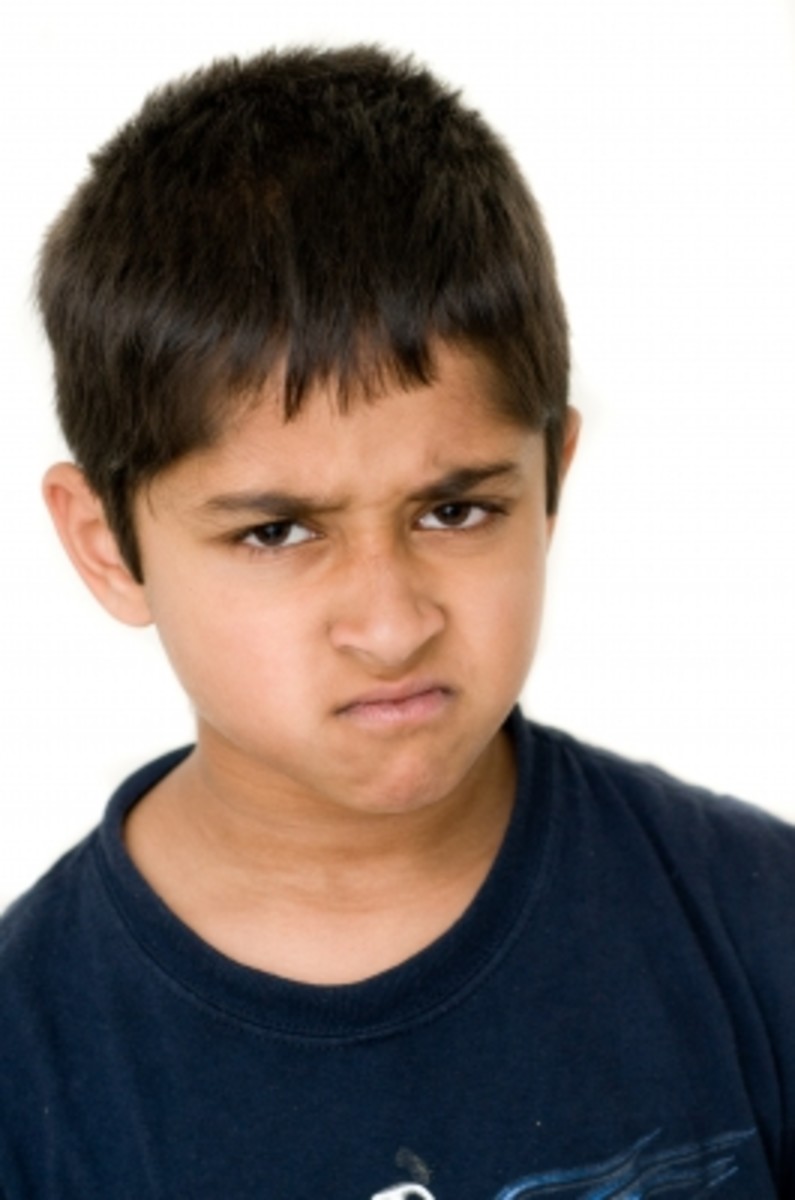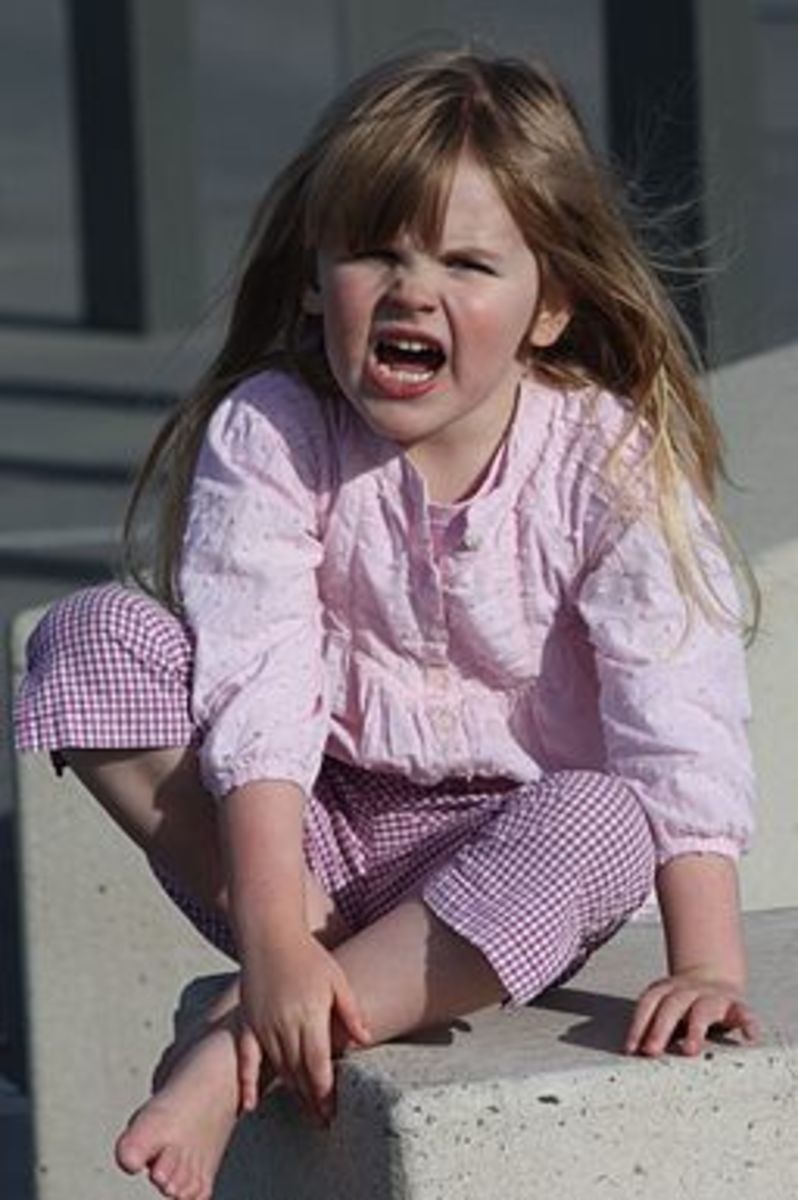Positive Discipline For Children
Positive Discipline For Shaping Children’s Behaviour.
I am a firm believer in shaping children’s behaviour in a positive way rather than controlling their behaviour. I believe that positive discipline can be used to safeguard children from following an antisocial set of behaviours later in life.
We all know that prevention is better than cure, so acting early to help reinforce good behaviour in our children is a must for every parent. It is our responsibility to encourage our children to make the right choices by themselves. We cannot force their good behaviour, but we can shape their thoughts which in time will lead their actions. Therefore we need to encourage positive thinking in our children, a good self image and a strong self esteem will help children to become responsible adults.
Positive discipline is rooted in a secure, trusting, connected relationship between parent and child.
Positive Parenting

Some Points To Bear In Mind To Reinforce Positive Discipline In Children Are:
- Self esteem.
- Role modelling.
- Consistency.
- Communication.
- Responsibility.
Self-esteem
A child who sees himself with a positive self image and thinks of himself as worthwhile will end up behaving in a worthwhile way.
This is easy to understand if you think about your personal experience. When people around you tell you that you are bad at something; that you will never do it because it is not within your capabilities, you end up believing that and might not even try to see whether you were capable or not.
A child with a negative self image, who is aware that no one trusts him or expects anything good from him will end up behaving that way. He will come to realize that no one expects any good from him, so why bother if no one is going to acknowledge his achievements.
To encourage a healthy self-esteem in your child you must praise his achievements when he deserves it. Don’t go over the top praising your child because he needs to feel that you are being sincere. Children can sense when you just deliver empty words. Praise doesn’t mean that you have to flood them with applause for the slightest thing because soon it will become meaningless. A smile, a wink, a pat on the back or even a simple acknowledgement of an achievement are effective ways of praising without going over the top. In general the amount of times you praise your child each day should outweigh the amount of times that you criticize him.

It is important that as parents we realize the strong influence we have in our children’s behaviour.
Role Modelling
Most children admire their parents. Your child probably admires you and wants to be like you. Therefore if you want your children to be strong, wise and fair you must show those qualities. It is important to give them a good example to follow.
For example, I see around me that all my smoking friends have children who start smoking at a relatively young age; while those who don’t smoke have children who don’t smoke either even when they are grown ups. The same goes for swearing, drinking alcohol and other behaviours that children copy from their parents as they believe they are the norm.
By the same token those parents who regularly practise sports just for fun have children who are also interested in practising sports in their leisure time. Children are always copying what they see at home. I remember my daughter started to be interested in reading at a very young age, even before she could read she used to sit for ages browsing the pages in her books. She was just copying what she saw at home, me and my husband always reading something! Now that she can read she has become a “book addict” always looking for new material to read.
Modelling the type of behaviour we want our children to display is essential. It is important that as parents we realize the strong influence we have in our children’s behaviour. They soak up everything we do and imitate it later on. Therefore the importance of trying to be a good role model.
We should not do anything in front of our children that we don't want them to do
Consistency
It is very important that we are consistent with our children. How many times have you threatened your child with punishment but never did carried it out? Or how many times have you promised to take them somewhere or to do something with them and then just change your mind for no apparent reason?
Children need consistency in their lives. They need to be reassured that they can trust their parents. We shouldn’t promise something we don’t keep. A child who trusts their parents will grow up to be a trustworthy adult.
If you tell your child “no” to something, try not to change your mind. Be consistent with your answer. Don’t say “no” only when you are in the mood and “yes” when you cannot be bothered reinforcing your answer. Children will always try to push you to your limits to see if you change your mind. It is important to be consistent with the answers you give them.
The Art of Communicating With Your Child
Communication
Positive discipline requires effective communication. It is not just about making yourself heard by your child, but also about listening to your child.
Chatting with your child from an early age, showing him that you care about his little problems, showing him that he can trust you to tell you anything will open the road for good communication at difficult periods of a child’s development.
When dealing with inappropriate behaviour it is important that you listen to your child’s reasons for acting that way. It is also important that you explain to the child why his behaviour was inappropriate in a firm and clear voice. You should try to remain calm and speak firmly so that your child is more likely to hear and understand why you are punishing him.
Responsibility
It is your task to encourage your child to understand that his behaviour has consequences that can be good –leading to a reward- or bad –leading to punishment.
Most of the time it is the parents, tutors and teachers who set the limits for a child’s behaviour. But it is important that you also allow your child the time and space to do this on his own. For example, they need to learn by themselves that if they leave a toy at school, the toy might get lost; if they don’t tidy up their rooms they will not find their toys; if they don’t do their homework they will get bad marks. Children need to take responsibility for their acts even if that means letting them make mistakes so they discover by themselves the consequences. Hopefully, once they realize the consequences of their acts they will make better choices next time.
Remember that children display different types of behavioural traits from an early age –some are more outgoing than others, some are risk takers, others are shy, etc. It is up to you to help those good behavioural traits to develop and eradicate the bad traits.
The best reward for a kid is time with the parents.
Parenting tips from Princessa
- Parenting gifted children
Being a good parent is a difficult job, being a parent to a bright child is even more challenging because the tendency is to become bogged down in the day to day tasks of raising children and forgetting about...
Children And The Importance Of Sports
- Walking for fitness: Making your children walk
As a mother of two young children I know how difficult it can be to get them motivated to exercise. Some children are naturally sporty, mine arent. So I make them walk under different excuses. Here I have collected a few ideas that worked for me and - Exercise for Kids : Fun and Healthy Activity
I love the way how my daughter's kindergarten teacher tell the kids how to do the exercise, they told the kids (about 3 to 4 years old) to walk on the balance beam, then jump, enter a tunnel, do the tire...









